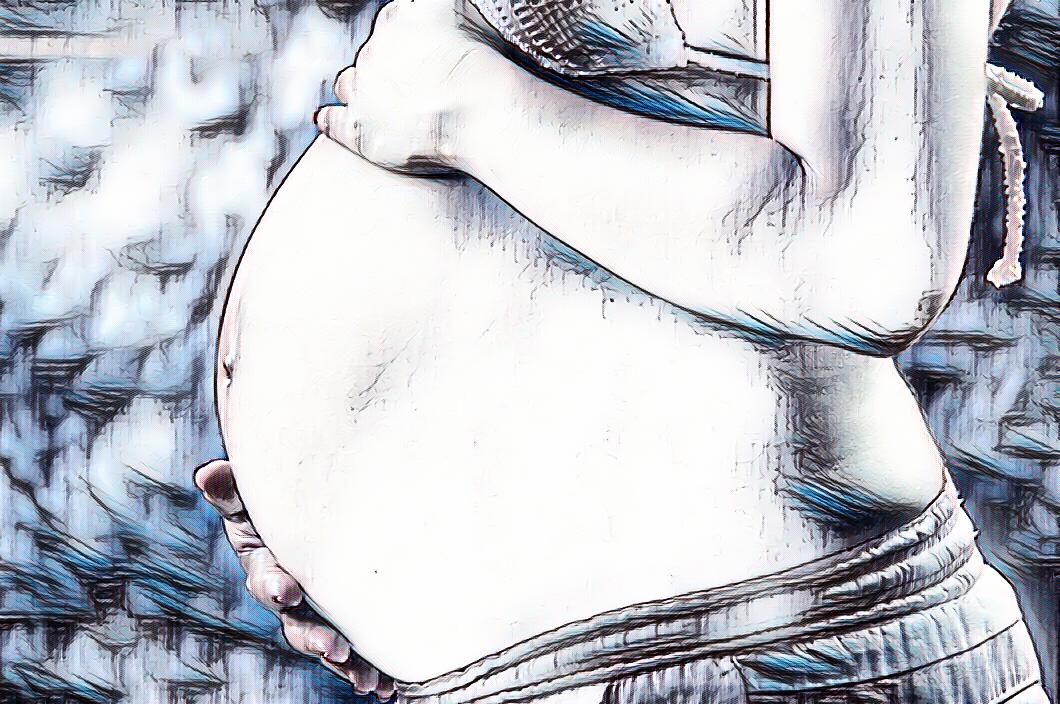I has been taking questions from parents about COVID-19 and pregnancy. Here, I compile answers as below.
Why pregnant women are now considered to be an at risk group for COVID-19. Dr Erica Watson at University of Cambridge delivered her answer to this question through a video.
Questions & Answers
Q: Can a Covid-19 cause pregnancy complications or birth defects?
A: Although we don’t have much data on Covid-19 and pregnancy, we do advise it does not cause birth defects. There may be a slightly increased risk of pre-term birth that’s not clear either.
Q: Who is the most concerned in pregnancy?
A: Most expectant mothers are concerned about getting infected, just like everyone else. Honestly, we don’t know about COVID-19. It is known from other respiratory infections (e.g. influenza, SARS) that pregnant woman who contract significant respiratory infections in the third trimester (after 28 weeks) are more likely to become seriously unwell. This may also lead to preterm birth of the baby, intended to enable the mother to recover through improving the efficiency of her breathing or ventilation.
Q: I got positive COVID-19. Are there special risks to the baby in the womb?
A: We believe that the risk of infection for babies in the womb of being born with COVID-19 is extremely low. There was a case study of a baby born in Wuhan whose mother had COVID-19. The baby tested negative for the virus but he had antibodies in his blood, suggesting there was some form of vertical transmission, which occurs when a mother passes a disease onto their newborn.
Q: I got positive COVID-19. Can the coronavirus be transmitted from mother to baby through touch or breastfeeding?
A: A good news is that the virus is not present in breast milk. However, it can be transmitted to the baby during breastfeeding if the mother is infected via close personal contact. In order to lower that risk, women can continue to breastfeed and wear a face mask or may choose to express milk via breast pumping so that an uninfected individual can bottle feed the baby. It is important to stress that hand-washing is essential, as is thoroughly cleaning and washing all bottle and/or breast pump parts. We are still encouraging breastfeeding given its many benefits, including providing the baby with antibodies to help fight infection.
Q: What should I do if I think I have some flu-like symptoms during pregnancy?
A: The best thing to do is that you can call your obstetrician to discuss your symptoms. It’s possible, in fact, that you have the flu. Remember that with pregnancy we know that influenza is probably serious and need a antiviral medicines. If it’s COVID-19, so it’s important to tell your doctor before you arrive.
Q: Which prenatal appointments do I keep with healthcare providers or transition to virtual visits?
A: It depends on how your pregnancy is going. Generally, you will have from 12 to 14 visits. for your routine pregnancy. It dose not mean that you need all. However, some are important. For example, the first appointment between 10 and 12 weeks of pregnancy is important for the first prenatal screening. Some visits you probably do from home. The best thing to do is contact your healthcare provider and ask their advice because they know you the best.
Q: How should I do to protect myself from COVID-19 during prenatal visits?
A: You should protect yourself from COVID-19 just like anyone else. It includes frequent hand washing with water and soap, wearing face mask in public or hospital visit, social distancing (at least 2 meters), avoid crowds.


